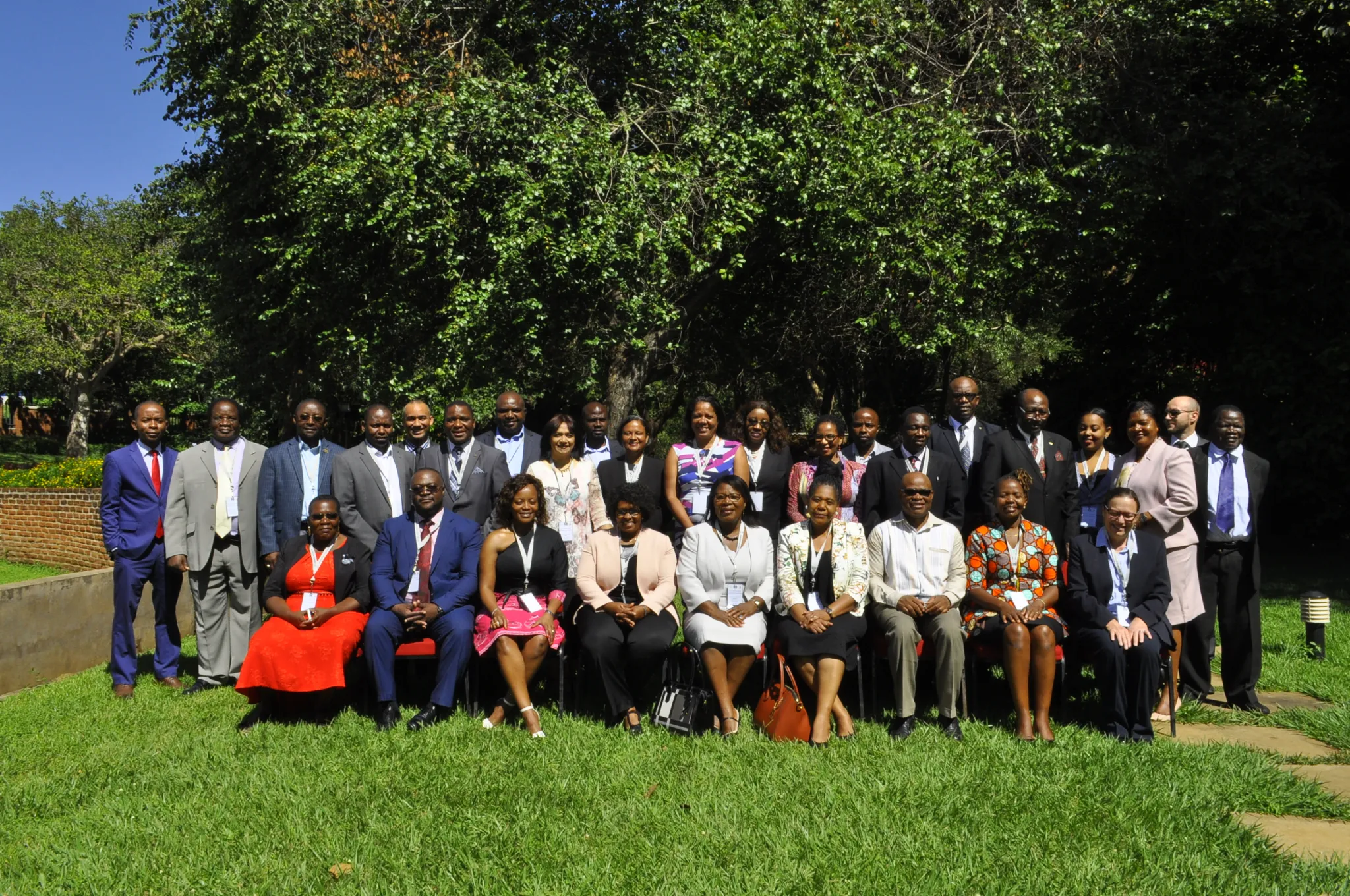New Commissioners Orientation: Strengthening the capacity of election officials in SADC Member States

As part of International IDEA’s engagement to strengthen the capacity of electoral actors and institutions, the Africa and West Asia programme organized the fifth New Commissioners’ Orientation (NCO) for newly appointed electoral commissioners and senior election administrators for the period 17-20 April 2018 in Lilongwe, Malawi.
‘The need for capacity building within [electoral] commissions needs no emphasis, and there is a necessity to understand the management of elections so that we can perform our duties better’, said Justice Dr Jane Ansah, the Chairperson of the Malawi Electoral Commission (MEC), during her opening remarks. The orientation, an annual joint initiative of International IDEA and the Electoral Commissions’ Forum of SADC Countries (ECF-SADC), was organized in collaboration with the Malawi Electoral Commission (MEC), which hosted the event. The orientation was the fifth of its kind, gathering total of 20 participants comprising chairpersons, electoral commissioners, chief electoral officers and senior electoral staff who have recently been appointed to their posts from Botswana, eSwatini (formerly Swaziland), Malawi, Namibia, Seychelles, South Africa, Tanzania, Zambia and Zimbabwe.
The overall objective of the 2018 annual orientation programme was to provide election officials with an overview of key aspects of electoral management. Over the course of the four days, the participants were introduced to comparative practices, principles and innovations in the electoral field to equip them with knowledge and skills to carry out their new responsibilities with integrity, professionalism, transparency, and accountability. The orientation combined theoretical knowledge with practical application and the participants were exposed to in-depth presentation from former electoral officials, academics and thematic experts. They were also able to share experiences from their respective countries and build networks that will assist them in future.
Commissioner Elsie Nghikembwa, recently appointed to the Electoral Commission of Namibia, said “the orientation encompassed all the issues at the heart of EMBs and emphasized experiential learning from other commissioners was fundamental. Election processes are expensive, and the orientation has opened boundaries in such a way we can share planning and knowledge by saving resources”.
The orientation enabled election officials to discuss common challenges they have faced in their roles to date. These included delineating clear roles and responsibilities between commissioners and secretariat staff; the non-ratification and domestication of AU and SADC obligations and principles on elections; gaining trust in response to poor public perceptions; and interference in electoral operations by stakeholders, which negatively affects the credibility of electoral management bodies (EMBs).
In response to these challenges, the participants urged partners such as ECF-SADC and International IDEA to scale up capacity building programmes aimed at providing continuous support to promote the fundamental principles of professional, impartial and independent EMBs in Southern Africa. They also committed to improve public relations programmes at the national level to strengthen relations with different stakeholders through continuous communication and collaboration on activities to improve trust and public confidence in their ability to organize credible, transparent elections in the subregion.




